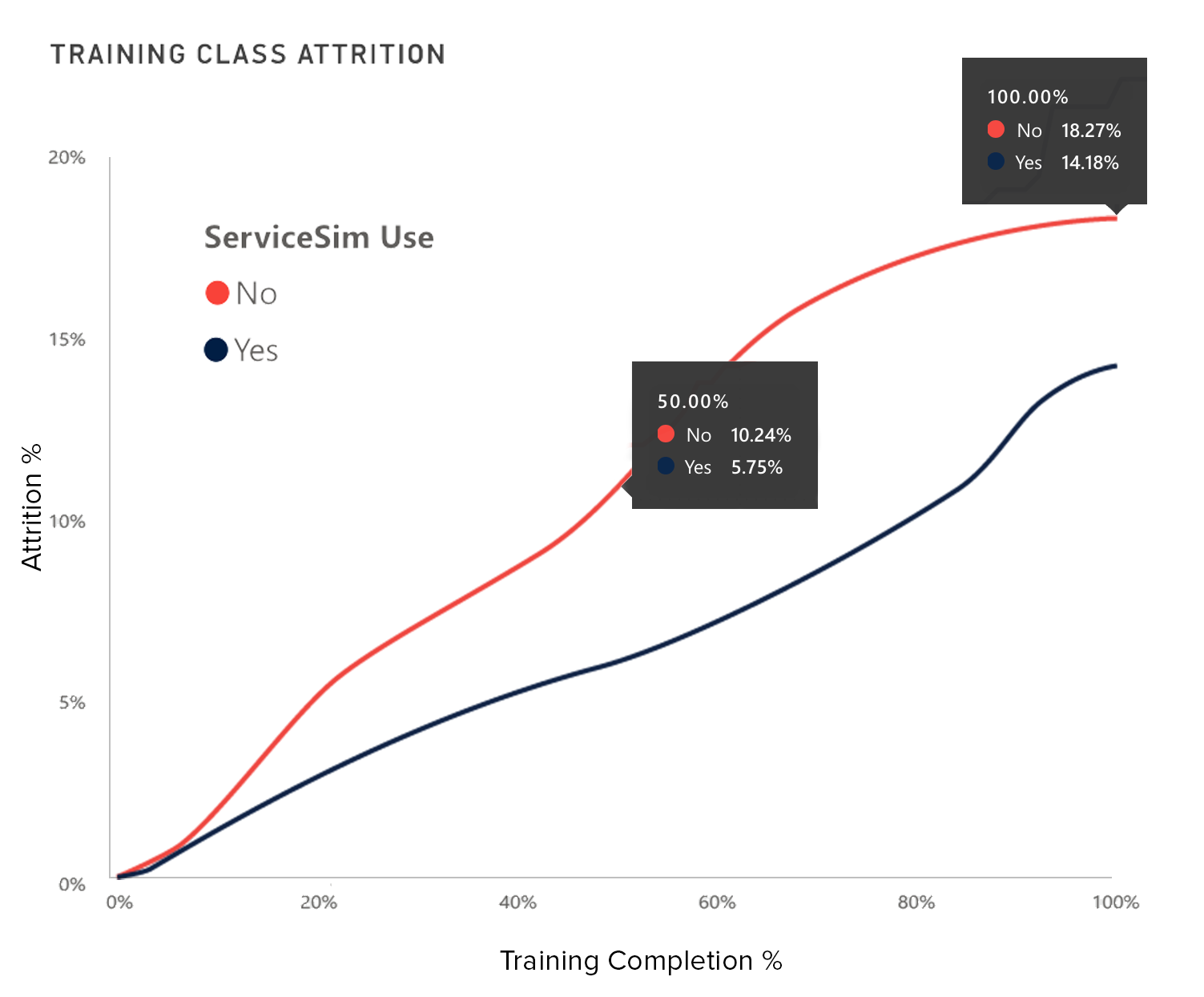Traditional, lengthy training sessions and classroom learning are no longer practical in today’s contact center environment. The demands of modern customer service require agents to be agile, responsive, and continuously updated with the latest information—something that traditional training methods struggle to provide. So, long, structured sessions often pull agents away from their primary duties for extended periods, leading to disruptions in service and a disconnect between learning and real-time application. This is where the concept of microlearning—or what some contact center managers refer to as “training on the fly”—comes into play, revolutionizing the way we think about agent development.
The Relevance of Microlearning in Modern Contact Centers
Microlearning is a training method that delivers content in small, focused bursts, typically lasting between three to five minutes. These bite-sized modules are designed to address specific skills or knowledge areas, making them easy to consume and retain. Unlike traditional training programs that require agents to step away from their duties for hours, microlearning allows agents to learn on the go, fitting training into their daily routines without disrupting operations.
In today’s contact centers, where agility and responsiveness are key, microlearning offers a powerful solution. It’s a method that aligns perfectly with the demands of a fast-paced environment, providing agents with the knowledge they need, precisely when they need it. This just-in-time training approach ensures that agents are always equipped with up-to-date information, helping them to deliver superior customer service.
Benefits of Microlearning: Enhancing Agent Performance
The advantages of microlearning for contact center agents are numerous, making it an ideal choice for continuous education in this dynamic industry. Here’s how microlearning can elevate agent performance:
Increased Knowledge Retention: Research shows that learning in small doses enhances retention. With microlearning, agents are less likely to feel overwhelmed by information overload, leading to better recall and application of knowledge in real-world scenarios.
Flexibility and Accessibility: Microlearning modules can be accessed anytime, anywhere, from any device. This flexibility allows agents to engage with training materials at their convenience, whether during a break or between customer interactions.
Personalized Learning: Microlearning can be tailored to address specific gaps in an agent’s skill set, offering a personalized learning experience. By focusing on individual needs, agents can progress at their own pace, ensuring a more efficient and effective learning process.
Download Now: Your Roadmap to Successful AI Implementations in the Contact Center
Cost-Effective Training: Developing microlearning content is generally more cost-effective than traditional training programs. Additionally, the shorter duration of these modules reduces the need for lengthy training sessions, minimizing downtime and operational disruptions.
Continuous Learning Culture: Microlearning encourages a culture of continuous improvement. As agents regularly engage with new material, they stay informed about the latest industry trends, product updates, and best practices, fostering a proactive learning environment.
Incorporating Microlearning into Existing Programs
Integrating microlearning into your contact center’s existing training program doesn’t have to be a daunting task. Here are some strategies to help you get started:
Identify Key Learning Objectives: Begin by identifying the specific skills and knowledge areas that need reinforcement. Microlearning works best when it’s targeted, so focus on creating modules that address the most critical aspects of agent performance.
Leverage Technology: Utilize learning management systems (LMS) or mobile platforms to deliver microlearning content. These tools can track progress, assess performance, and provide agents with instant access to training materials.
Monitor and Adapt: Regularly evaluate the effectiveness of your microlearning modules. Gather feedback from agents and analyze performance data to identify areas for improvement. Be prepared to adapt your content to ensure it remains relevant and impactful.
In an industry where customer satisfaction hinges on quick, accurate, and empathetic responses, the importance of well-trained agents cannot be overstated. Microlearning offers a modern solution to the challenges of contact center training, providing a flexible, accessible, and effective way to keep agents sharp and informed.
By integrating microlearning into your training programs, you can ensure that your agents are not only up-to-date with the latest knowledge and skills but are also continuously improving. This approach not only enhances individual performance but also contributes to the overall success and competitiveness of your contact center. In the end, microlearning isn’t just about training on the fly; it’s about building a smarter, more agile workforce ready to meet the demands of today’s customer service landscape.
SUBSCRIBE FOR EMAIL UPDATES

